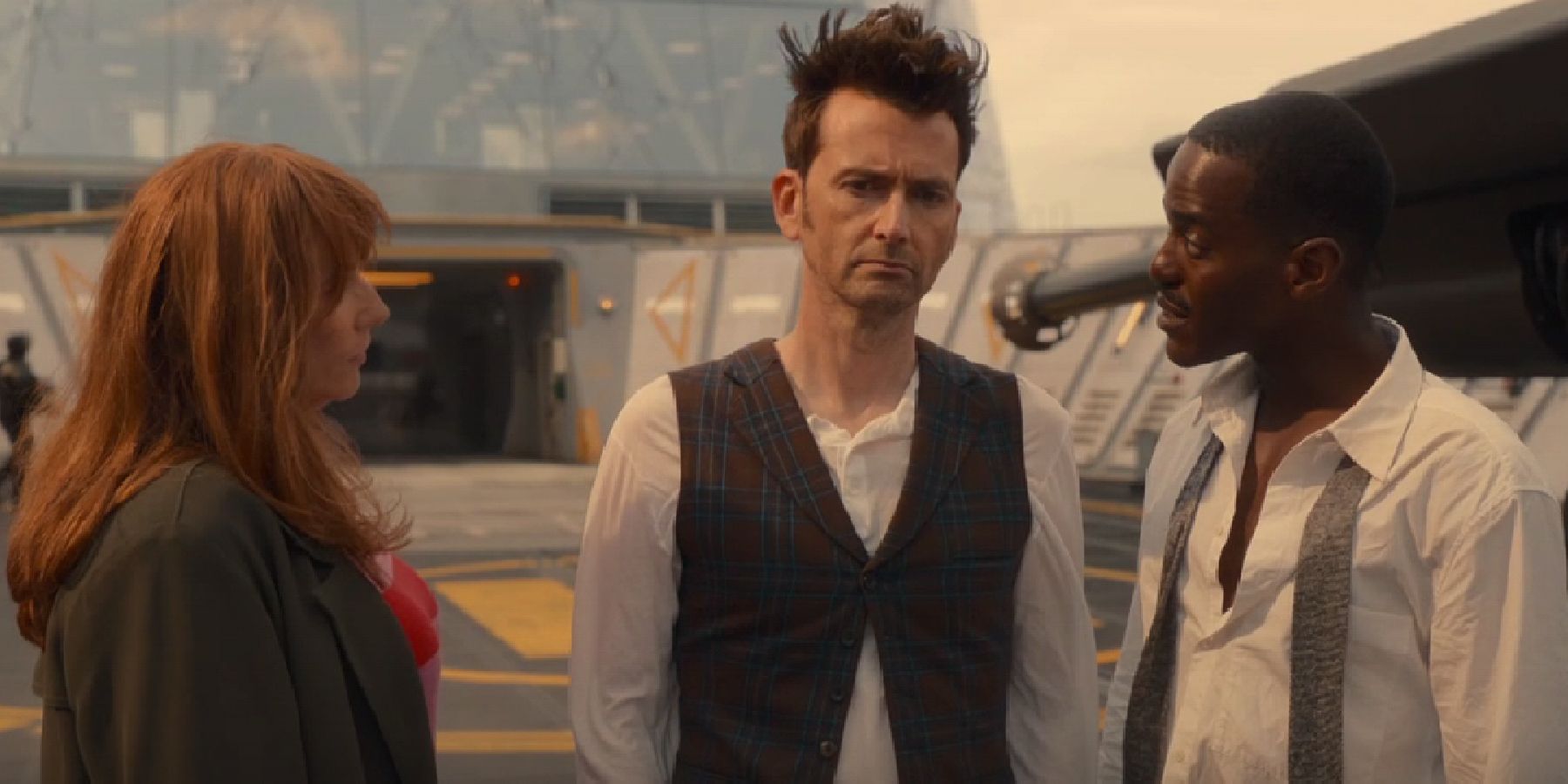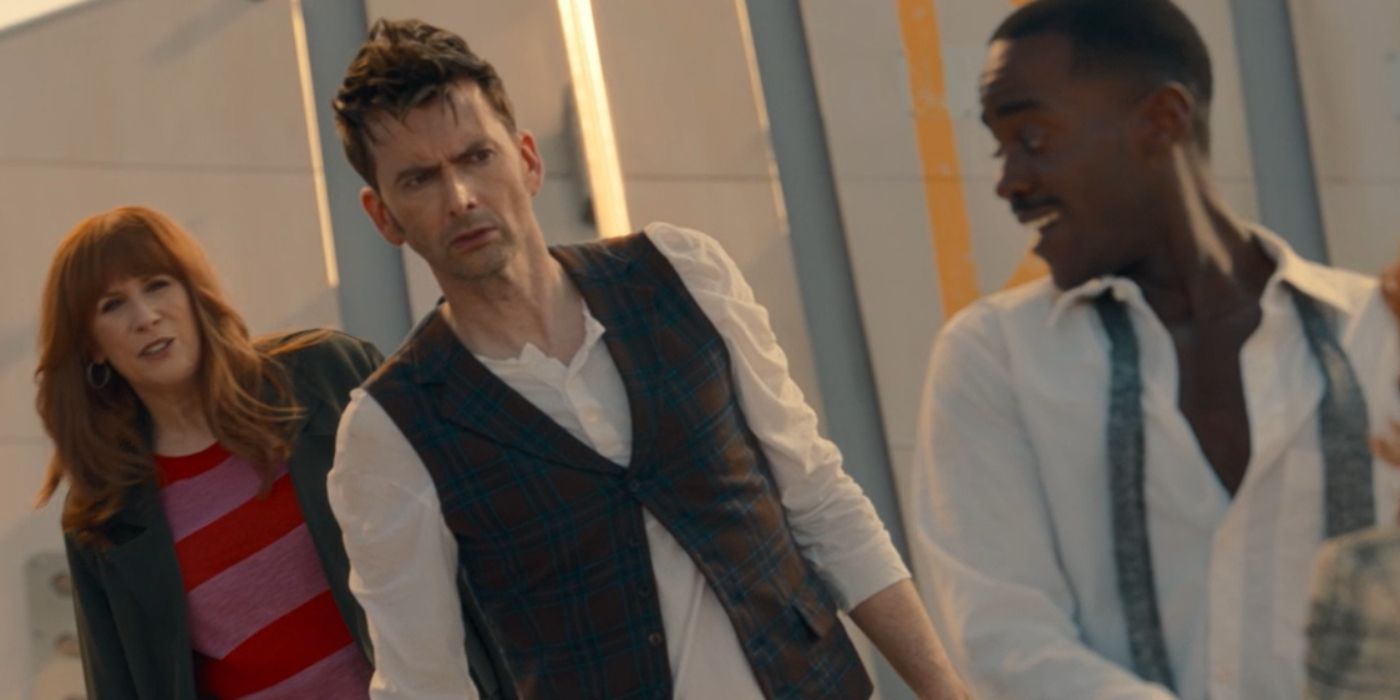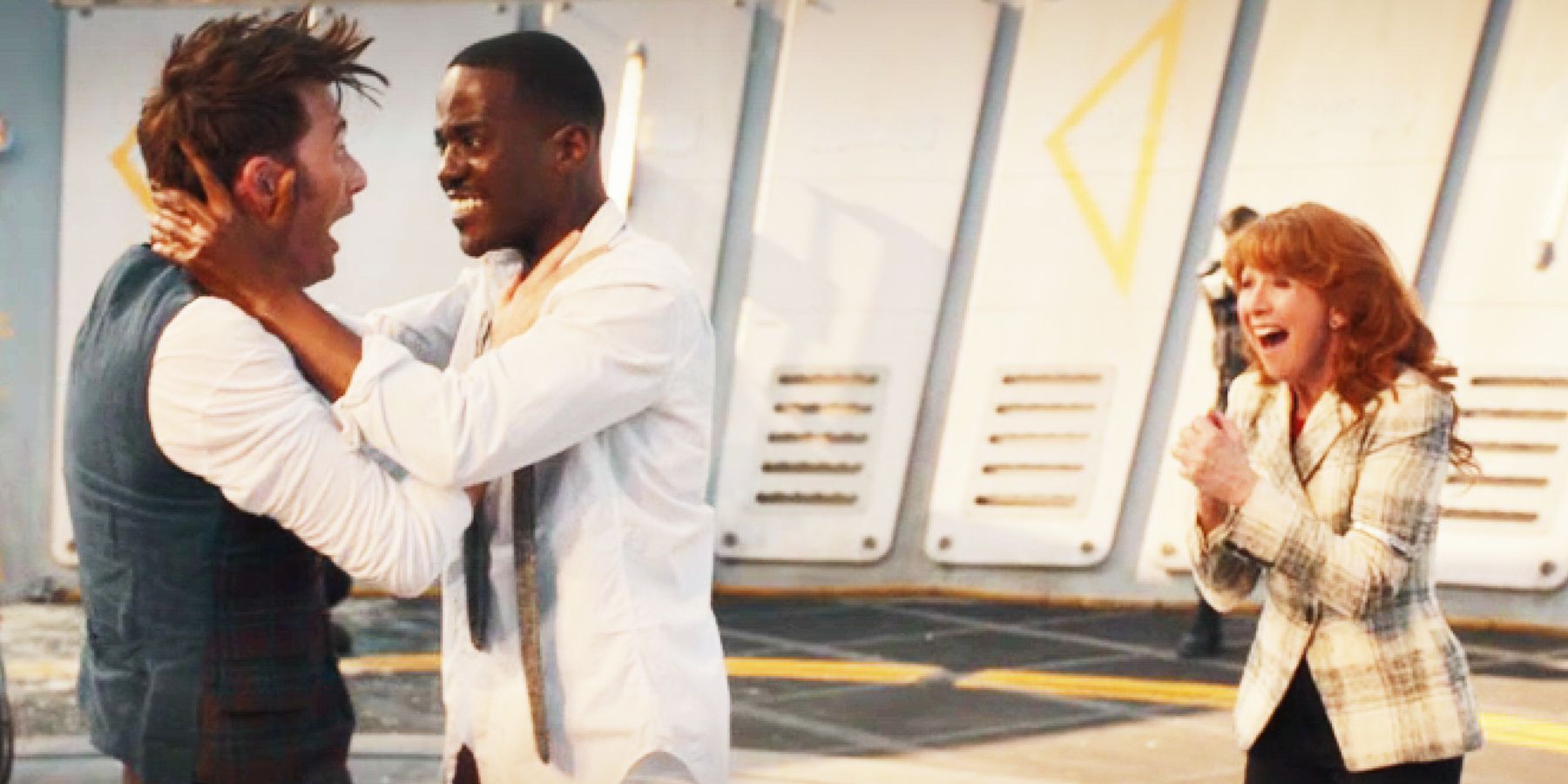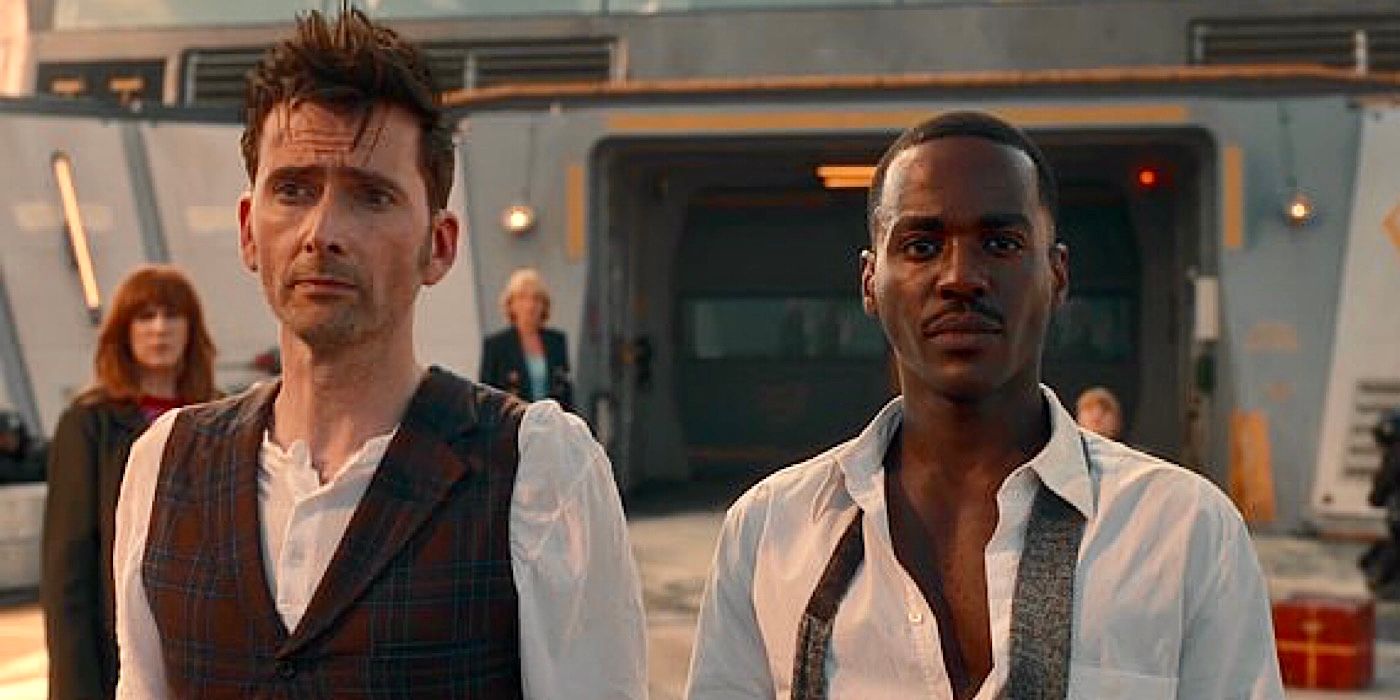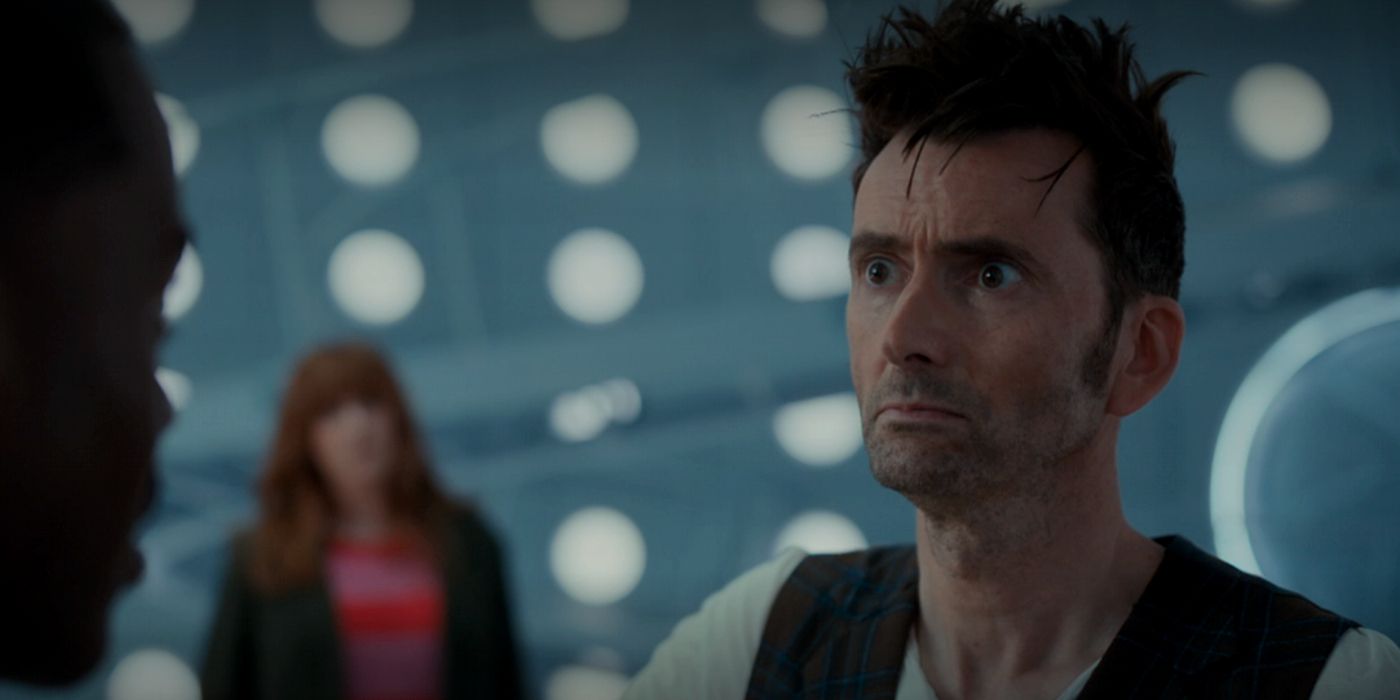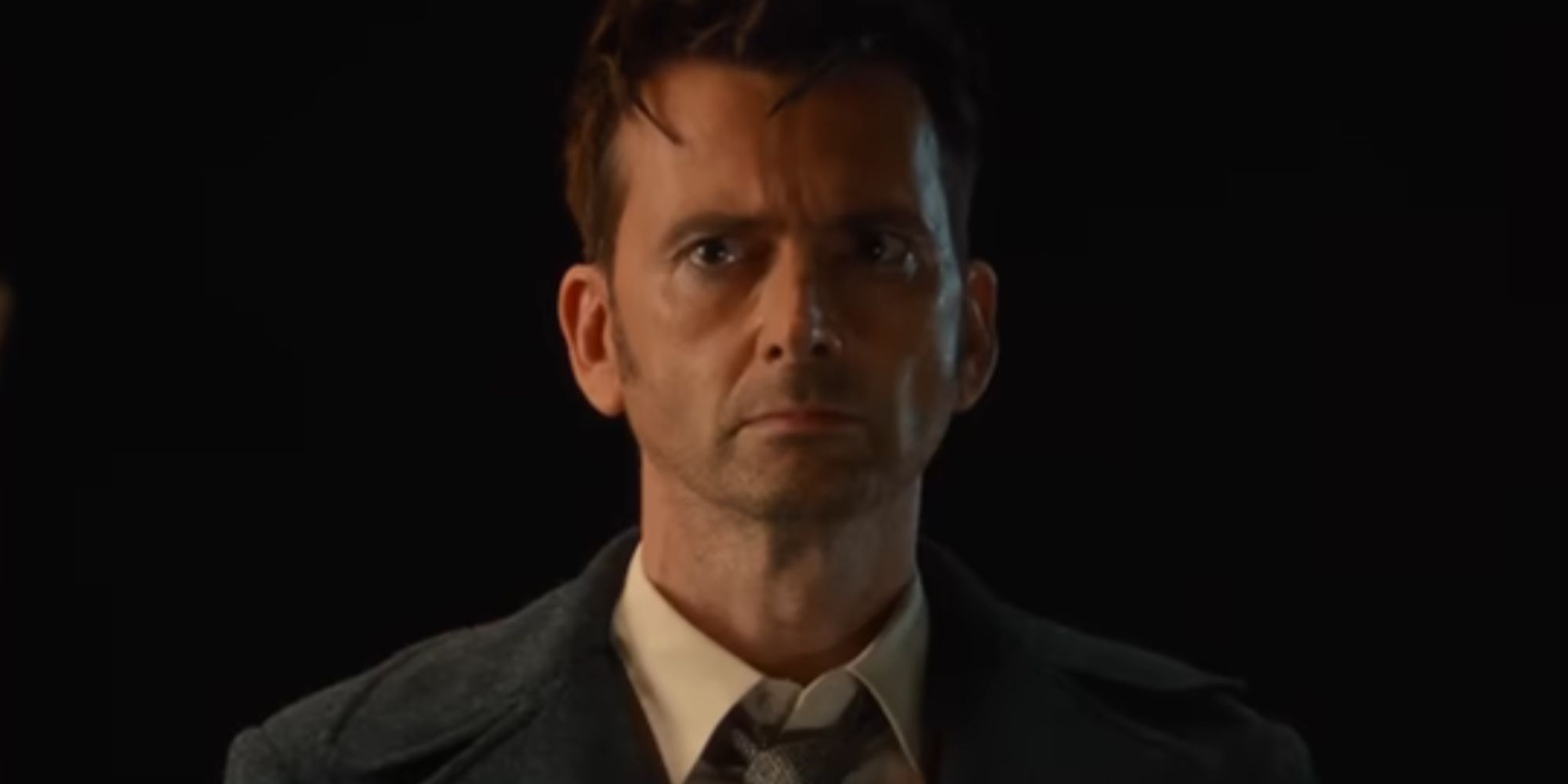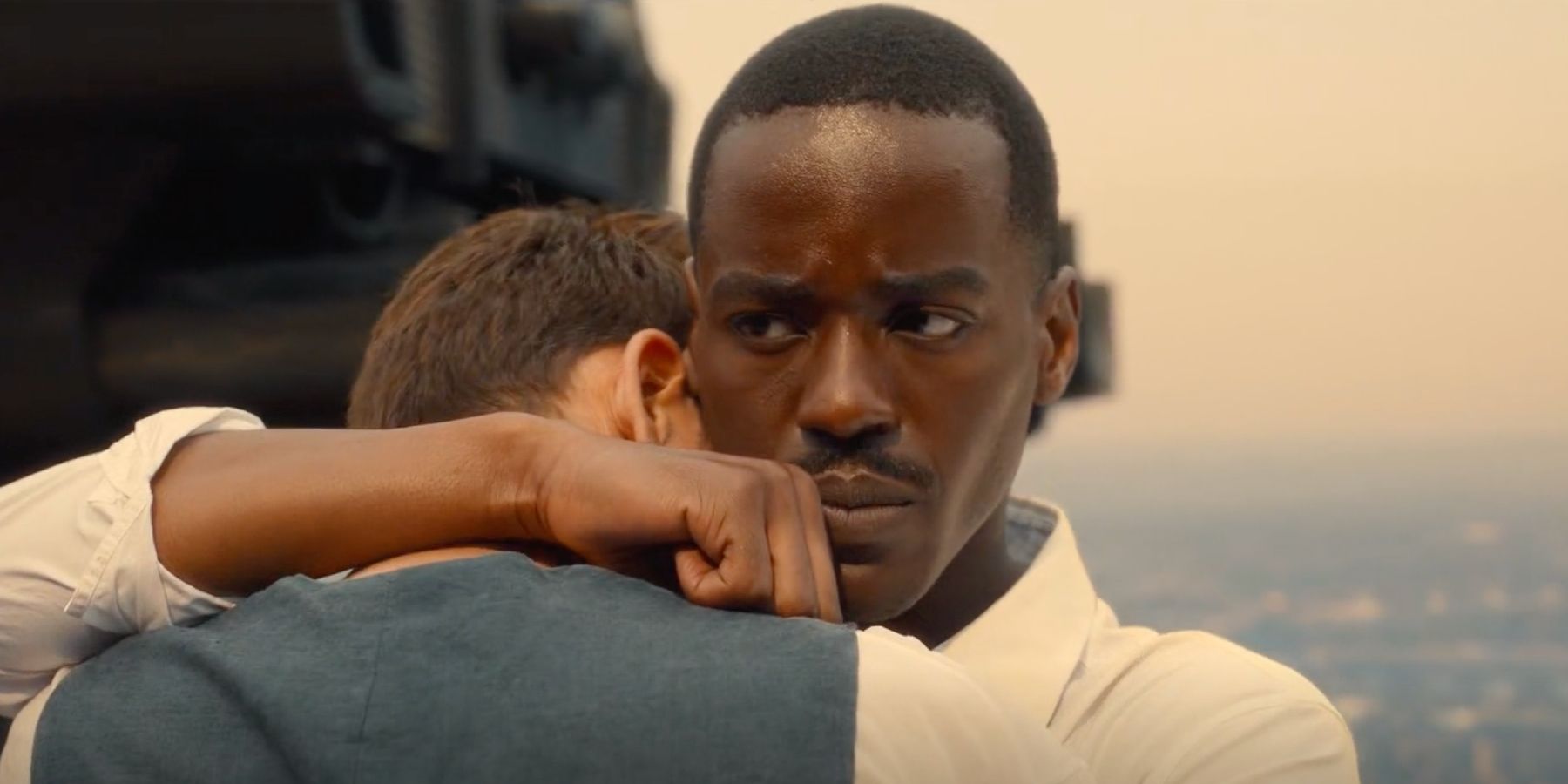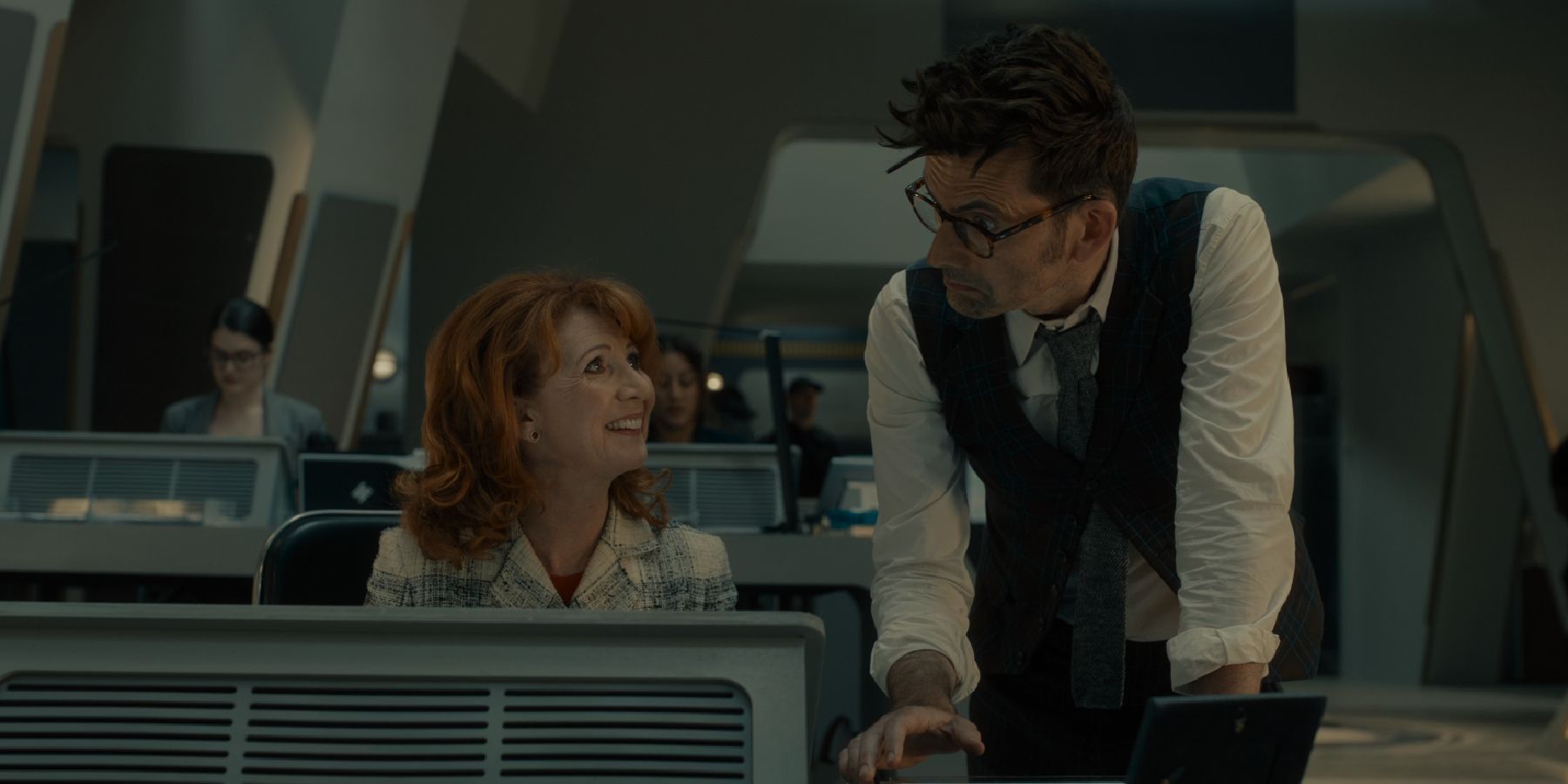Doctor Who’s Bi-Generation Retcon Fixes The Biggest Problem After David Tennant’s Exit
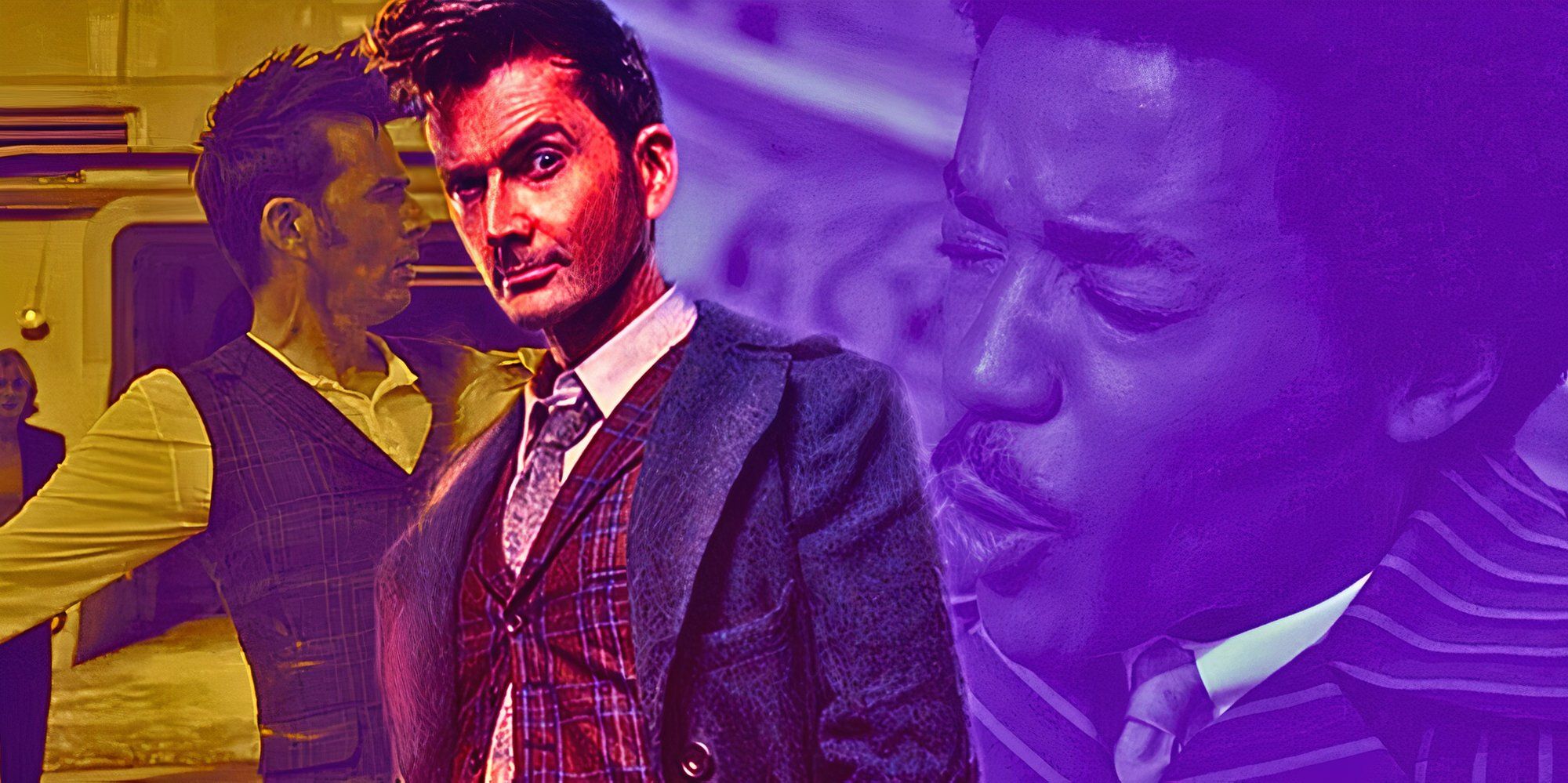
SUMMARY
- Gatwa’s Fifteenth Doctor resolves bi-generation issue in Doctor Who, making it a one-time occurrence.
- Ncuti Gatwa enters as lead without predecessor leaving – a first in the history of Doctor Who.
- Bi-generation threatening the show’s fabric now laid to rest, ensuring regeneration remains a pivotal element.
Doctor Who introduced the concept of bi-generation during the 60th-anniversary specials, and while it initially presented potential problems going forward, Ncuti Gatwa’s Fifteenth Doctor solves the issue in the second episode of his first full season. The ending of Doctor Who‘s 60th-anniversary specials showed David Tennant’s Fourteenth Doctor bi-generating, meaning Fourteen remained as an autonomous being while Ncuti Gatwa’s Fifteenth Doctor also entered the fray. The moment was exciting, and now, has thankfully been essentially confirmed to be a one-off occurrence.
Out of every actor to play the Doctor, Ncuti Gatwa is the first to make his entrance as the show’s lead actor without their predecessor also being ejected from the cast. Fourteen helped Fifteen defeat the Toymaker before Tennant’s Doctor essentially retired from the life of a heroic Time Lord to live an ordinary life with the Nobles, while Fifteen continued his adventures through time and space. Doctor Who‘s bi-generation twist briefly threatened to disrupt the fabric of the show, but that possibility has now been laid to rest.
In Doctor Who season 14, episode 2, “The Devil’s Chord,” the Doctor tells Ruby Sunday of the toll bi-generation took on him, and that the process was necessary to defeat the Toymaker. Speaking to Ruby, the Doctor says, “It tore my soul in half. I can’t survive that again.” The message is clear: Even if the Doctor could bi-generate again, repeating the feat would likely kill him.
Making bi-generation a one-time event restores a big part of Doctor Who ‘s formula. While the Doctor can die, the closest the character ever comes is regenerating.
Making bi-generation a one-time event restores a big part of Doctor Who‘s formula. While the Doctor can die, the closest the character ever comes is regenerating. Regeneration is a process that a Time Lord undergoes to cheat death, but it results in a complete overhaul of their character and personality – with the result essentially being a brand-new person with the cumulative memories of their predecessors. So regeneration carries with it certain stakes, as it means a certain version of the Doctor “dies” when they endure the process. If bi-generation remained as a Doctor Who mainstay, those stakes wouldn’t be present.
Doctor Who Having The Ability To Bi-Generate Again Wouldn’t Have Worked
Bi-generation means a departing actor has no reason to leave the show
Part of the reason Doctor Who has enjoyed such a long run is that the show transforms every few seasons or so. At the heart of that change is the actor playing the Doctor leaving the show when their version of the character regenerates. The moment has become something of an emotional hallmark in Doctor Who, especially since the franchise’s revival in 2005. If bi-generation had remained a possibility for the Doctor going forward, even if it didn’t happen every time, viewers would always expect an actor to stay even after their time as the Doctor would traditionally end.
For example, if Ncuti Gatwa’s Fifteenth Doctor were to bi-generate at the end of the actor’s run on the show, there would then be two Doctors who would have no reason not to carry on saving the galaxy.
For example, if Ncuti Gatwa’s Fifteenth Doctor were to bi-generate at the end of the actor’s run on the show, there would then be two Doctors who would have no reason not to carry on saving the galaxy. This would then require writing a new excuse as to why the outgoing actor no longer appears as part of the Doctor Who cast going forward. Eventually, the explanations would become progressively more flimsy until they stopped being believable. Alternatively, Doctor Who would need to permanently become a multi-Doctor story – which would ruin what’s currently a special event reserved for specific milestones.
Doctor Who Still Hasn’t Solved Another Big Bi-Generation Issue
David Tennant’s Fourteenth Doctor still exists within the show’s continuity
Even though Fifteen’s admission that bi-generation isn’t something he’s in a hurry to repeat, there is still the lingering issue of David Tennant’s Fourteenth Doctor still existing in Doctor Who. Although “The Giggle” showed Fourteen living an ordinary, domestic existence with the Noble family, it’s still difficult to believe that he’d be content with that life on a long-term basis. At his core, Fourteen is still the Doctor, and yet it seems unlikely he’ll return to the show to assist Ncuti Gatwa’s Fifteenth Doctor if Earth becomes threatened.
Showrunner Russell T Davies has made it clear on several occasions that David Tennant’s time on the show is essentially over, with the future of Doctor Who being entrusted to Ncuti Gatwa. While this is certainly the correct ethos, it’s very distracting having a separate version of the Doctor existing in the present day who could conceivably return at any time. It’s even more confusing when it’s considered that Fourteen still has a sonic screwdriver, as well as a fully functioning TARDIS. However, only time will tell whether Fourteen’s ongoing presence will negatively impact the future of Doctor Who.


